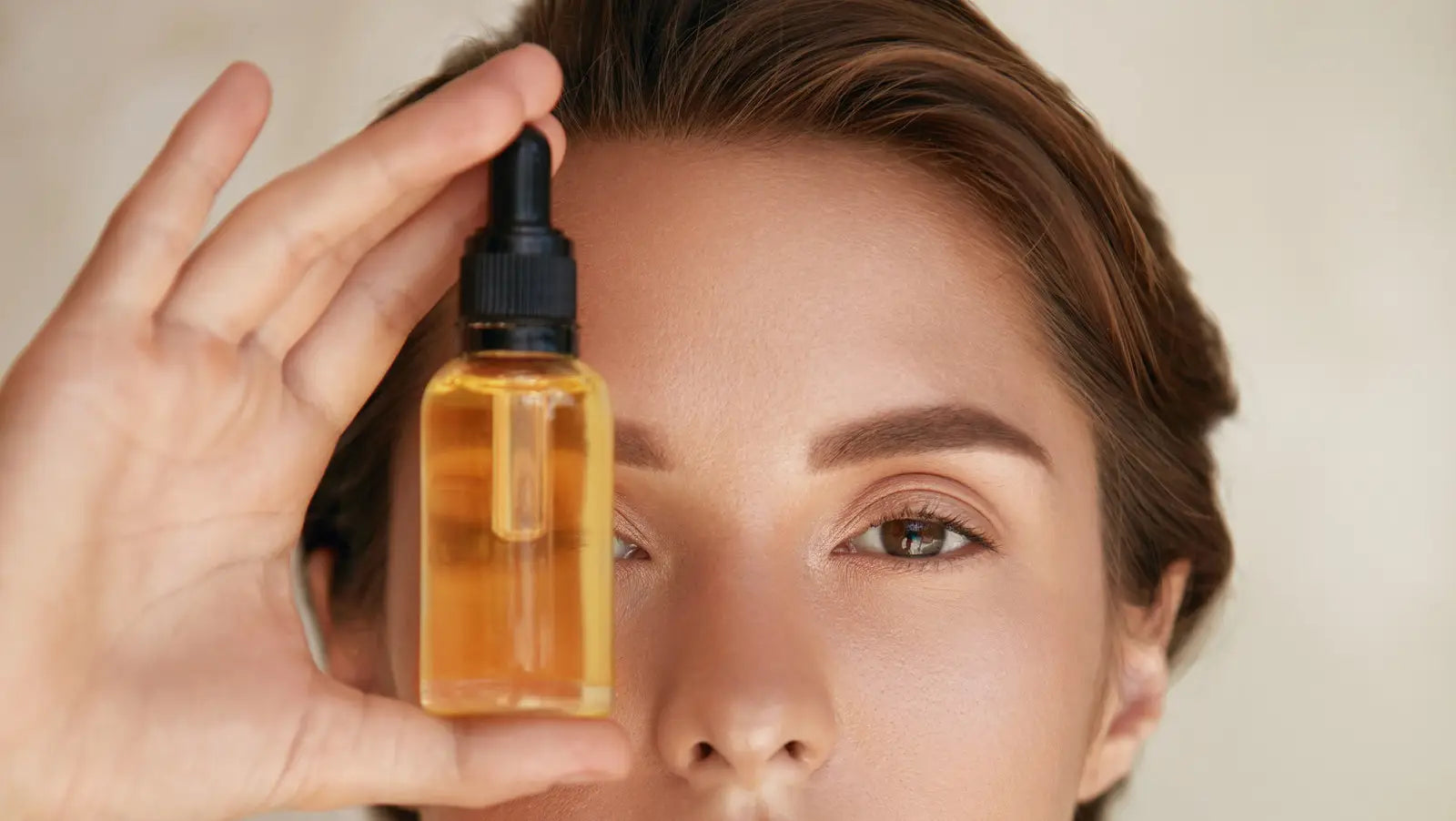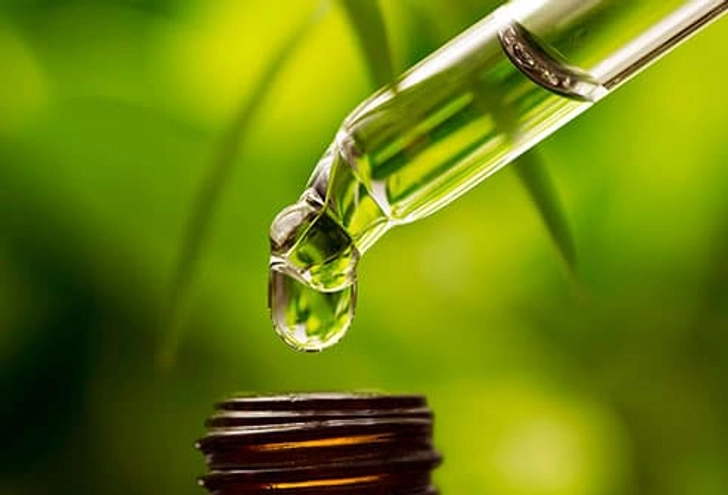If you’ve ever dabbled in skincare DIYs, candle making, lip balm crafting, or even thought about starting your own handmade brand, chances are you’ve come across Vitamin E. It’s often talked about as a must-have ingredient — and for good reason. Vitamin E is known as one of nature’s most powerful antioxidants. It protects oils from going rancid, nourishes skin, and is often used in everything from soaps to creams to supplements.
But here’s the catch: when you pick up a bottle of lotion or buy Vitamin E for your projects, you’ll notice two names that pop up again and again on labels: Tocopherol and Tocopheryl Acetate.
They’re both forms of Vitamin E, but they’re not the same. And the difference matters, especially if you’re a crafter making products for yourself, your family, or even your customers.
This article will walk you through the difference between these two forms of Vitamin E — in a way that’s easy to understand, no complicated science degree required.
Quick Heads-Up: Sourcing Natural Tocopherol
Natural Vitamin E (d-alpha-tocopherol) is highly effective, but it’s also pricey, rare, and often sold out. For now, most crafters and brands use Vitamin E Acetate because it’s easier to find and more stable.
👉 If you’re a supplier of pure, natural tocopherol, we’d love to hear from you!
Meet the Two Types of Vitamin E
Tocopherol (Natural, Free Vitamin E)
-
Found naturally in foods and premium skincare.
-
Works right away to fight free radicals (the things that make skin age faster or oils go rancid).
-
Super effective but doesn’t like heat, light, or air – it goes bad faster.
Tocopheryl Acetate (Vitamin E Acetate)
-
A modified version of Vitamin E.
-
More stable and lasts longer in lotions, creams, and serums.
-
Needs to be converted by your skin or body into “real” Vitamin E before it starts working.
Why Crafters Love Vitamin E
Before we dive into the nitty-gritty, let’s talk about why Vitamin E is so popular in the first place.
-
It keeps oils fresh.
Oils can go rancid when exposed to light, heat, or air. Just like food spoils, skincare oils can too. Vitamin E helps slow down that process, giving your handmade products a longer shelf life. -
It’s great for skin.
Vitamin E is known for being soothing, nourishing, and protective. It helps defend the skin against free radicals (tiny troublemakers that speed up aging). -
It adds value to your products.
If you’re selling your crafts, being able to say “enriched with Vitamin E” instantly makes your product sound premium. Customers recognize the name and associate it with healthy skin.
So, yes — Vitamin E is a superstar ingredient. But which version should you use?
Simple Comparison
| Feature | Tocopherol | Tocopheryl Acetate |
|---|---|---|
| Antioxidant power | Works instantly | Needs conversion first |
| Stability | Not stable | Very stable |
| Shelf life | Shorter | Longer |
| Price & sourcing | Expensive & rare | Affordable & available |
Meet the Two Main Types of Vitamin E
Tocopherol (Natural Vitamin E)
This is the natural, active form of Vitamin E. When you eat foods rich in Vitamin E (like sunflower seeds or almonds), this is what you’re getting. In skincare, tocopherol works immediately as an antioxidant. That means it jumps right in to neutralize free radicals and protect both your skin and the oils in your formulations.
But there’s a downside: tocopherol is unstable. Leave it in a hot room, in direct sunlight, or exposed to too much air, and it will break down. That’s why not every lotion or cream on the shelf uses it.
For DIY crafters, this means tocopherol is amazing in oil-based products (like serums, balms, or body oils), especially when you’re going for a high-end, natural vibe. But you’ll need to store your creations carefully and use them up sooner rather than later.
Tocopheryl Acetate (Vitamin E Acetate)
This version of Vitamin E is modified — it’s basically tocopherol with an “acetate jacket” on. This jacket makes it much more stable. Tocopheryl acetate doesn’t go bad as quickly, which is why big brands love it.
The catch? Your skin has to remove that jacket (through enzymes) before it can use the Vitamin E. So it doesn’t work as instantly as pure tocopherol.
For DIY makers, tocopheryl acetate is easier to work with because it’s less fussy and gives your products a longer shelf life. It’s perfect for lotions, creams, sunscreens, and anything that needs to sit on a shelf.
Pros & Cons at a Glance
Tocopherol
✅ Natural and potent
✅ Skin uses it instantly
✅ Strong antioxidant for oils and skin
❌ Expensive
❌ Short shelf life
❌ Hard to source at times
Tocopheryl Acetate
✅ Affordable and stable
✅ Long shelf life
✅ Easy to add to lotions and creams
❌ Needs conversion, slower acting
❌ Less bioavailable
❌ Often synthetic (always check the label!)
Natural vs. Synthetic – Label Tips
-
d-alpha-tocopherol = Natural and best quality
-
dl-alpha-tocopherol = Synthetic, lower effectiveness
-
d-alpha-tocopheryl acetate = Natural acetate version
-
dl-alpha-tocopheryl acetate = Synthetic acetate
👉 Look for the “d-alpha” version if you want the most natural option.
Choosing the Right Vitamin E for Your Projects
When to Use Tocopherol
-
Anti-aging serums: Tocopherol’s fast-acting antioxidant power makes it perfect for products where results matter.
-
After-sun care oils: It helps soothe skin and protect against sun-related free radicals.
-
Protecting oils from rancidity: A few drops in carrier oils can help keep them fresh longer.
-
Premium, small-batch products: If you’re making skincare for yourself or a boutique brand where freshness is guaranteed, tocopherol gives a luxe edge.
💡 Pro tip for crafters: Always store tocopherol-based products in dark glass bottles, away from heat and light, to get the most out of them.
When to Use Tocopheryl Acetate
-
Lotions and creams: Stability matters here, especially if you’re making bigger batches.
-
Sunscreens and serums for sale: If your products need to last months on a store shelf, this is the safer choice.
-
Cost-effective projects: Tocopheryl acetate is more affordable and widely available, making it easier for new crafters.
-
Sensitive skin products: Some people actually tolerate acetate better since it’s less reactive on the skin.
💡 Pro tip for crafters: Tocopheryl acetate plays well in emulsions (oil + water mixes), so it’s ideal if you’re whipping up body lotions, creams, or milky serums.
For Makers Like You
-
Oil-based products → Tocopherol helps stop rancidity.
-
Lotions, creams, sunscreens → Tocopheryl acetate is more reliable.
-
Supplements → Natural tocopherol absorbs better.
The Crafter’s Dilemma: Stability vs. Power
At the end of the day, the choice comes down to what you value most in your creations.
-
If you want powerful, natural, fast-acting benefits, tocopherol is your best friend — but you’ll have to baby it.
-
If you need stability, cost-effectiveness, and ease, tocopheryl acetate is the practical choice.
Think of it like this: tocopherol is the passionate artist who burns bright but doesn’t last as long, while tocopheryl acetate is the steady, reliable friend who sticks around.
Safety Notes for Makers
-
Both forms are generally safe to use in skincare.
-
Always patch test if you or your customers have sensitive skin.
-
Use the right dosage — too much Vitamin E in a formula can actually feel sticky or heavy.
-
For supplements, stick to recommended amounts and check if the source is natural or synthetic.
Final Takeaway
-
Tocopherol = Natural, strong, but fussy.
-
Tocopheryl Acetate = Stable, affordable, but needs to “wake up” in the skin.
If you’re crafting skincare at home or developing products for sale, think about what matters most:
-
Power & purity? → Go for tocopherol.
-
Stability & shelf life? → Go for tocopheryl acetate.
✨ So, next time you see “Vitamin E” on a label, you’ll know exactly which form you’re working with and why it matters for your project.
📢 Still Looking for Natural Tocopherol? Let’s Connect.
We're currently seeking a reliable supplier of natural tocopherol (d-alpha-tocopherol) for premium skincare and oil-based formulations. If you’re a manufacturer, distributor, or wholesaler
👉 Please reach out to us at 603-77109553 or whatsapp at 6018-399 6553 with product specs, COA, and pricing.


:max_bytes(150000):strip_icc()/GettyImages-1451620829-f4221cca01944c5f8e1293ac2161d88e.jpg)


